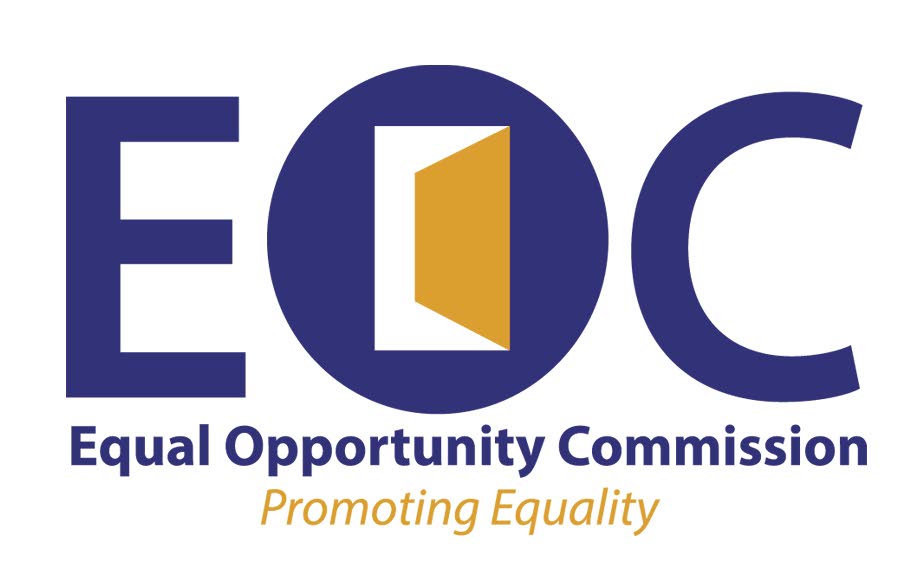Access to and inclusion in Carnival activities

VENUE-PACKED events, cultural competitions and revelry in the streets all culminate today and tomorrow as Trinidadians and foreigners alike celebrate the height of an action-packed Carnival season.
In the upcoming week, as the season fades away and clears the way for us to reflect on Carnival, we ask partygoers, revellers and spectators to think about the privilege of these experiences. We are referencing and suggesting here inclusion for people with physical disabilities; specifically, facilities or access for people who wish to partake in the jubilations.
There are many ways in which people with disabilities (PWDs) are not accommodated within our society and we are in no way placing focus here, as compared to the other issues. This column is simply a way to open the reader’s mind, to consider that rights and, further, enjoyments are not afforded to all.
This is something that abled-bodied people may take for granted, but the next time you are at a fete, look around. Are there people with disabilities present? Have you ever noticed or thought about their absence? Further, look at the supermarket or clothing store, or simply people traversing our nation’s pavements and roadways. Are they generally present there?
You may ask the question: What does accessibility mean? According to the Case Western Reserve University, “accessible means a person with a disability is afforded the opportunity to acquire the same information, engage in the same interactions, and enjoy the same services as a person without a disability in an equally effective and equally integrated manner, with substantially equivalent ease of use.”
When planning any event, we can all agree that there is one universal goal in mind – to ensure that everyone has a fantastic time. However, more often than not accommodating accessibility seems to be an afterthought (or not even a thought at all).
This applies in many situations outside of Carnival, only we will draw the parallels here. As a Carnival bandleader, event promoter or business owner operating during the Carnival season and thereafter, it is imperative to make sure that every component of your event/business is accessible to each patron.
It is recommended that you select a venue that is accessible and accommodative to everyone. We should ask these questions: Is there accessible parking available? Is there parking nearby the event that is accessible to wheelchairs, canes and walkers? Can a person with mobility challenges get from the parking section to the event venue easily? Likewise, access points such as walkways or pavements should not be blocked. Are there any accessible toilets or disabled portable toilets available?
When we create an event that is accessible and inclusive for PWDs, we are more than just ensuring that disabled people feel welcomed and valued. By nature, if it is inclusive of disabled people, it is inclusive for everyone.
While facilitating accessibility is essential for safeguarding inclusion, we also need to pay attention to how we interact with PWDs during Carnival Monday and Tuesday. For example, do not help a PWD without asking. Never just grab the back of someone's wheelchair or a blind person's arm and start helping. Imagine how startling it would be if a random stranger started moving you around. Furthermore, we should avoid making assumptions about what a person can and cannot do.
In addition, we should refrain from using derogatory terms towards PWDs, especially in a casual manner. Instead, we should use inclusive language. For example, instead of using the word cripple to describe someone, say a person with a disability. Refrain from calling individuals wheelchair-bound. People are not bound to their wheelchairs. Instead, you should use the term, a person who uses a wheelchair, or a person with a disability. Use the term deaf/hard of hearing instead of mute or dumb.
Please have a safe and enjoyable Carnival Monday and Tuesday.


Comments
"Access to and inclusion in Carnival activities"